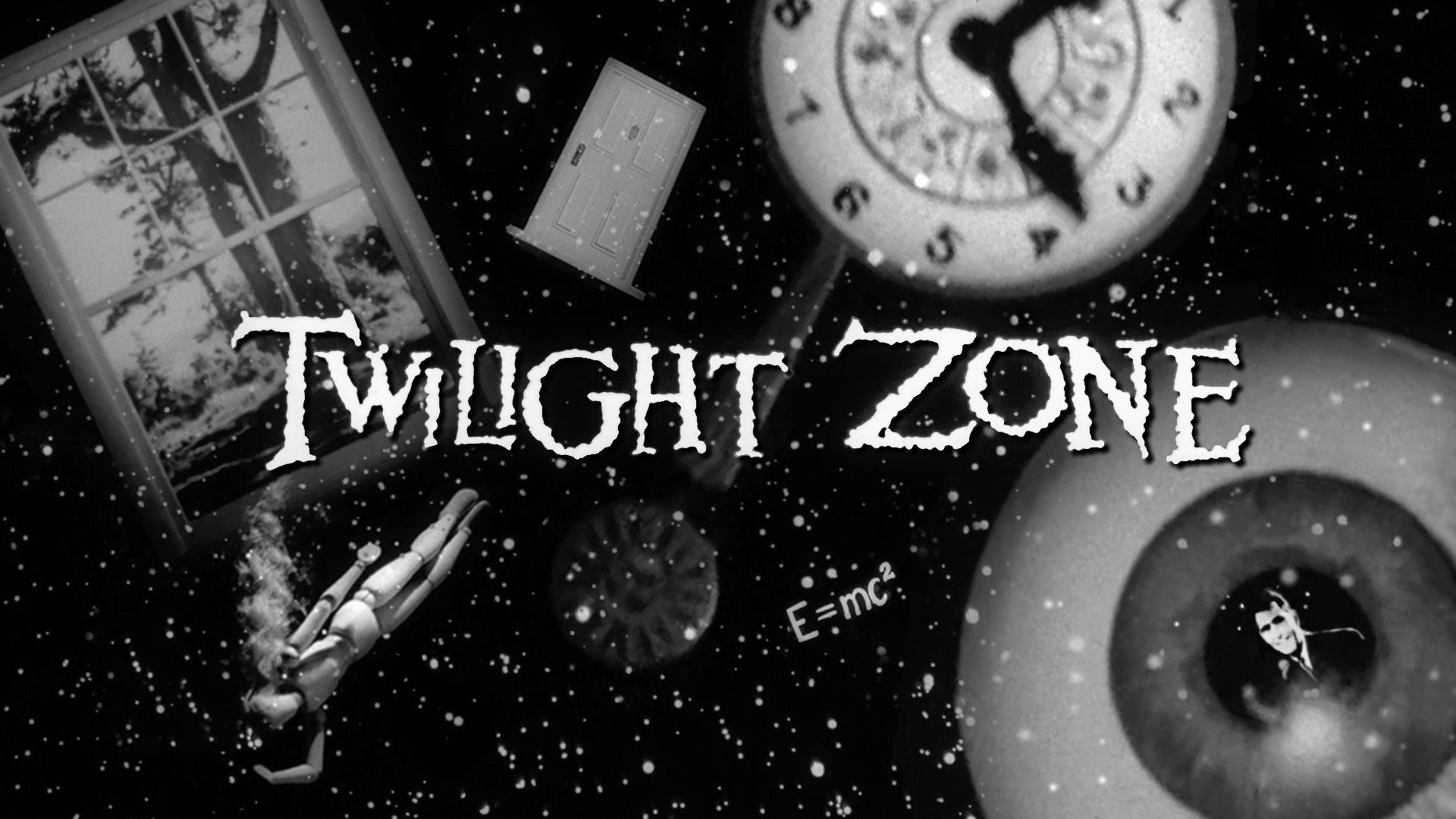The Twilight Zone” Season 1, Episode 15, titled “I Shot an Arrow into the Air,” has always stuck out to me, I re-watched this episode a few nights ago and wanted to share my thoughts on it.

The main three characters Corey, Pierson, and Donlin can be correlated to the Triune Brain model, which divides the brain into three parts: the Neocortex, the Limbic system, and the Reptilian complex (R-complex). This model helps to illustrate the interplay between rational thought, emotion, and primal instincts. Also, the dangers of the out of balance ego and being rooted in the R-complex of the brain.
Corey is the R-complex:
The R-complex, or Reptilian brain, is the oldest part of the brain, responsible for basic survival instincts such as aggression, dominance, territoriality, and the fight-or-flight response. Corey embodies this aspect of the brain throughout the episode. Stranded on what they believe to be an unknown asteroid with limited resources, Corey’s actions are driven by a primal fear for self-preservation. He quickly resorts to violence and deception, prioritizing his survival over the well-being of his comrades. His killing of Pierson and later, his attempt to justify his actions, demonstrate the dominance of his reptilian instincts meaning the executive commands are coming from his lower aspects of his mind. Corey’s behavior underscores the destructive potential of the R-complex when unchecked by higher reasoning or emotional empathy.
His name in Gaelic word coire, which means “in a cauldron” or “in a hollow” and in Latin means Heart, I think this is to mean Hollow Heart.As in empty heart or the lack of empathy.

Pierson is the Limbic system:
The Limbic system is associated with emotions, memories, and the formation of social bonds. Pierson represents this part of the brain through his concern for the group’s welfare and his emotional responses to their dire situation. Unlike Corey, Pierson exhibits empathy and a sense of moral duty. He is distraught by the deaths and the increasing tension within the group, reflecting the Limbic system’s role in processing emotions and fostering social cohesion. Pierson’s concern for humanity and his attempts to maintain order and morale among the survivors reveals the importance of emotional intelligence and the impact of emotions on human behavior. But he lacks the Higher thinking of the Neo-cortex, thus ends up dominated by the R-complex and killed. Though it is through his EYE(s) that the truth of where they are is revealed at the end of the episode. He sees the “telephone poles” or “power poles” which is extremely symbolic.
Pearson comes from the Greek name Piers (Latin Peter) and means “rock.” Which he is killed by a rock in the episode. But also, could mean he is the rock meaning unmovable, solid or resilient.

Donlin is the Neocortex:
Donlin, as the leader of the group, represents the Neocortex, which is the most evolved part of the brain, responsible for higher-order thinking, reasoning, and decision-making. He approaches their predicament with rationality and strategic thinking. Donlin’s efforts to manage resources, his analytical approach to their survival, and his attempts to maintain discipline among the men demonstrate the Neocortex’s influence. He tries to think logically and not fall prey to the lower functions of the brain but to raise them up into a higher state for utility. He makes decisions based on reason rather than out of impulsive emotions or instincts. Donlin’s character illustrates the role of the Neocortex in governing behavior through logic and foresight, even in the face of overwhelming adversity.
His name Donlin: It is derived from the Gaelic name “Domhnallán”, which is a diminutive form of “Domhnall”. This name means “world mighty” or “ruler of the world”. The ruler of the brain. And Don mean “Head” as in the head of the Mafia. In green language it is Dawn the Golden rays of the sun in the early morning.



The interplay between Corey, Pierson, and Donlin can be seen as an allegory for the constant struggle within the human brain between primal instincts, emotions, and rational thought or the dangers of internal contradictions. This episode is a warning for potential chaos when the R-complex (Corey) dominates, leading to violence and moral decay.
As the situation deteriorates, the dominance of Corey’s primal instincts leads to the ultimate breakdown of their social structure. The tragic ending, where it is revealed that they were on Earth all along, underscores the futility of Corey’s actions and the catastrophic consequences of allowing primal instincts to override reason and empathy. He only realized his wrongdoings far too late.
The power lines are which Pierson see’s and then draws has correlation to the Egyptian symbol (NTR) for nature. It is the Gavel in a later form. It was the answer to their problems, and by ignorance of this ancient symbol they fall prey to devolution.


The name of the episode “Shot an Arrow into the Air” serves as a hint into what will happen. To “sin” is to miss the mark in archery. Which is a metaphor for missing the mark of Truth and Morality. It is a powerful allegory; it emphasizes the necessity of balance among these three aspects of the brain to navigate challenges and maintain humanity and live in harmony with Nature Law.





